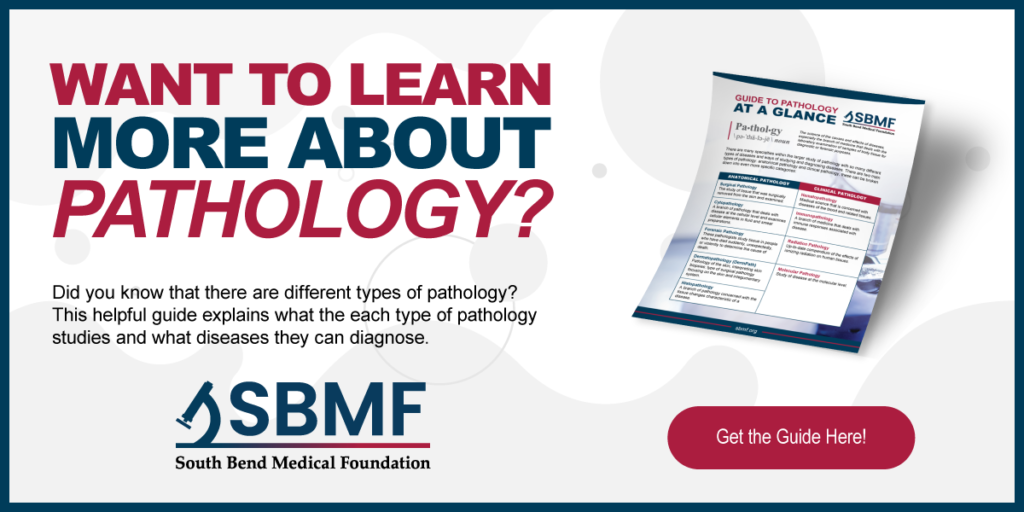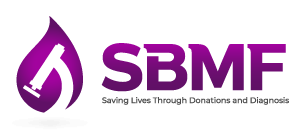High blood pressure (HBP or hypertension) can be dangerous. When left untreated, this condition can cause heart failure, stroke, heart disease, and other medical problems. However, understanding the risks of high blood pressure can help you develop healthier habits and even save your life.
Which Blood Type are You? Click Here
Symptoms of High Blood Pressure
High blood pressure, or hypertension, is a very common condition, one that rarely presents symptoms until a reading is taken. The American Heart Association says that a healthy blood pressure reading should show a systolic pressure (the number on top) between 90 and less than 120 and a diastolic pressure (the number on the bottom) between 60 and less than 80. Blood pressure changes throughout the day, but if yours is consistently measuring above the recommended level, this may result in the diagnosis of high blood pressure.
High blood pressure usually develops over several years. Most people with high blood pressure don’t experience or show any symptoms, even when their readings consistently reach high levels. Others, though, experience headaches, nosebleeds, and shortness of breath. The only way to know if you have high blood pressure is to have your healthcare provider measure it, so it’s important to check with your doctor. If left untreated, the condition can cause damage to your blood vessels and major organs: brain, heart, eyes, and kidneys.
Behaviors or Conditions Risks of High Blood Pressure
Unhealthy Diet
An unhealthy diet can lead to many medical problems. Eating too much sodium and processed foods and not enough potassium can increase your risk for high blood pressure. Potassium, a mineral found in bananas, yogurt, and potatoes can lower your HBP.
Inactivity
Being physically active helps maintain your heart’s and blood vessels’ strength. It also helps you keep a healthy body weight which helps you lower your blood pressure.
Obesity
Being obese and overweight means that your heart must work harder to pump blood and oxygen throughout your body, adding stress to your heart and blood vessels.
Diabetes
If you have diabetes, high blood pressure can damage your blood vessels and nerves.
Too Much Alcohol
Excessive drinking can cause your blood pressure to increase dramatically. Regular heavy drinking can cause other health problems including increased risk for stroke, heart failure, and arrhythmia.
Smoking and Tobacco Use
Smoking can damage the heart and blood vessels. Nicotine raises blood pressure and when you breathe in the carbon monoxide that is produced from smoking tobacco, it will reduce the oxygen that your blood carries.
Stress
Stress isn’t really a bad thing, but too much can raise your blood pressure. Too much stress can impact an otherwise healthy lifestyle, such as prompting a poor diet, physical inactivity, and increasing your chances of drinking alcohol and using tobacco.

Monitor your blood pressure by visiting your primary care physician at least once a year.
Risks of High Blood Pressure Based on Who you Are
Family History
A family history of high blood pressure can increase your chances of getting it. If a close relative has or had HBP before the age of 60, this is an indication of a stronger history. According to the CDC, relatives tend to have similar habits such as diets, exercise, and smoking.
Gender
Until the age of 64, men are more likely to get high blood pressure than women, but with 65 years and older, women are more likely to get it.
Age
The older you are, the more likely you are at risk of getting high blood pressure. The reason why is that our blood vessels will lose their elastic quality. But children can also develop high blood pressure. About 9 out of 10 people in the U.S. will develop HBP in their lifetime.
Race
Studies have shown that African Americans tend to develop high blood pressure more often than people of other racial backgrounds. HBP is also more severe in African Americans, and some of the medications are less effective.
Get Checked for High Blood Pressure
Knowing the risks of high blood pressure can help you steer in the right direction for a healthy life. You should get your blood pressure monitored at least once a year by your primary care physician, but more frequently if you have any of these risks mentioned above. Scheduling a regular exam and making positive lifestyle choices can help you live a better life.





